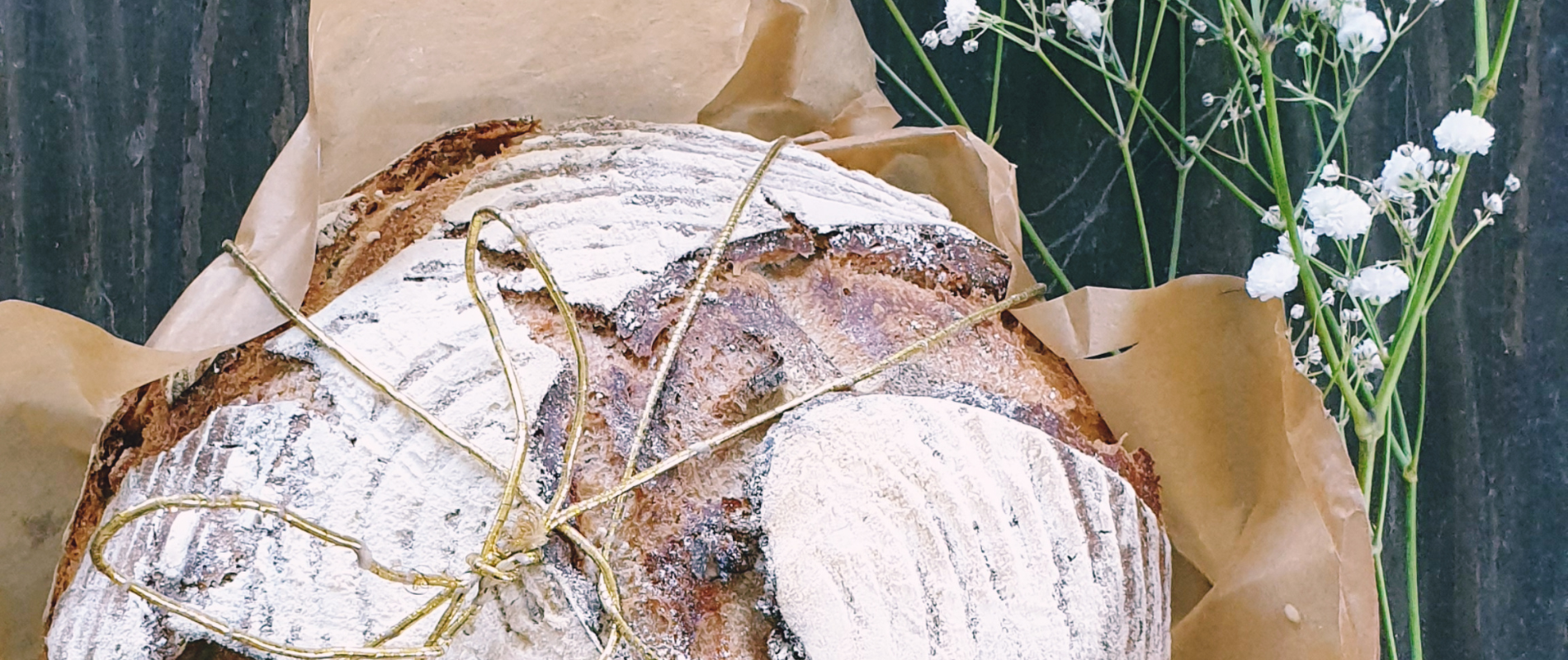Our team will be taking a very well-deserved break over the Christmas and New Year period. Be sure to pop in and collect your remedies before we close at 1 pm on Wednesday, 24th December, to ensure you have enough until we reopen our doors at 9 am on Friday, 2nd January in the new year.
Our team will be taking a very well-deserved break over the Christmas and New Year period. Be sure to pop in and collect your remedies before we close at 1 pm on Wednesday, 24th December, to ensure you have enough until we reopen our doors at 9 am on Friday, 2nd January in the new year.
Do You Have Coeliac Disease? | with Laura Bond
March 17, 2023 2 min read
Are you concerned that someone in your family might have Coeliac disease?
It might be persistent low iron, dark rings or disinterest in food [1].The symptoms of coeliac disease vary widely and in this short article I wanted to discuss some of the tests for coeliac we use at Floralia, as well as touch on the difference between Coeliac and gluten sensitivity.
Coeliac disease is an autoimmune disorder caused by a reaction to gluten. When a Coeliac eats gluten it leads to inflammation in the lining of the small intestine. Symptoms can include gas, bloating, constipation and diarrhoea – but not always. Left untreated coeliac disease can affect nutrient absorption and long term could contribute to infertility[2] or even colon cancer [3].
Gluten sensitivity on the other hand may result in similar digestive symptoms but is not a serious autoimmune disease. Often clients with gluten sensitivity find that when they work on their gut barrier function and microbiome (or 'gut flora') they are better able to tolerate the occasional bowl of pasta.
So what's the answer?
I suggest a blood test to screen for genes associated with coeliac disease. Over 99% of people affected by the coeliac disease have the HLA DQ2, HLA DQ8, or parts of these genes. Therefore, a negative test for these genes effectively rules out coeliac disease. If the client is currently eating gluten, I would also suggest a test that looks at antibodies to gluten.
If someone tests positive for Coeliac it means giving up gluten for life. If the tests are negative, I recommend cutting out gluten for four weeks while we do a gut-healing program.
In our household we are gluten-free 80% of the time and when I create meal plans for clients' they are always gluten-free because I think most of us feel better without it.
Laura is a qualified Nutritional Therapist who is passionate about helping her clients feel their best. Laura can run lab tests for clients - including children - as well as create bespoke meal plans tailored to clients' needs.
[1] https://www.yalemedicine.org/conditions/celiac-disease
[2] https://www.coeliac.org.uk/information-and-support/coeliac-disease/conditions-linked-to-coeliac-disease/infertility-and-coeliac-disease/
[3] Braly, J., and R. Hoggan. 2002 Dangerous Grains: Why Gluten Cereal Grains May Be Hazardous to Your Health. New York. Penguin, Putnam
Also in Journal

Why Consider Stool Testing For Children? | with Michele Grosvenor
December 08, 2025 3 min read
Read Morejoin the family
Receive exclusive wellness content curated just for you, delivered straight to your inbox. Get the latest insights from the Floralia team of experts and be the first to know about product launches, programs, research, treatment offers, and VIP events.

Festive Season Online Orders.
Our team are taking a well-deserved break over the festive season until January 2nd.
Any online orders placed between December 24th and January 1st will be lovingly prepared and dispatched as soon as possible once our team returns. Please allow an extra day or so for us to get your remedies and supplements. We appreciate your patience and understanding, and wish you a beautiful and restful holiday season.
If you have any questions, reach out to us via email at hello@floraliawellness.com.au, and we’ll respond to you in the new year.



